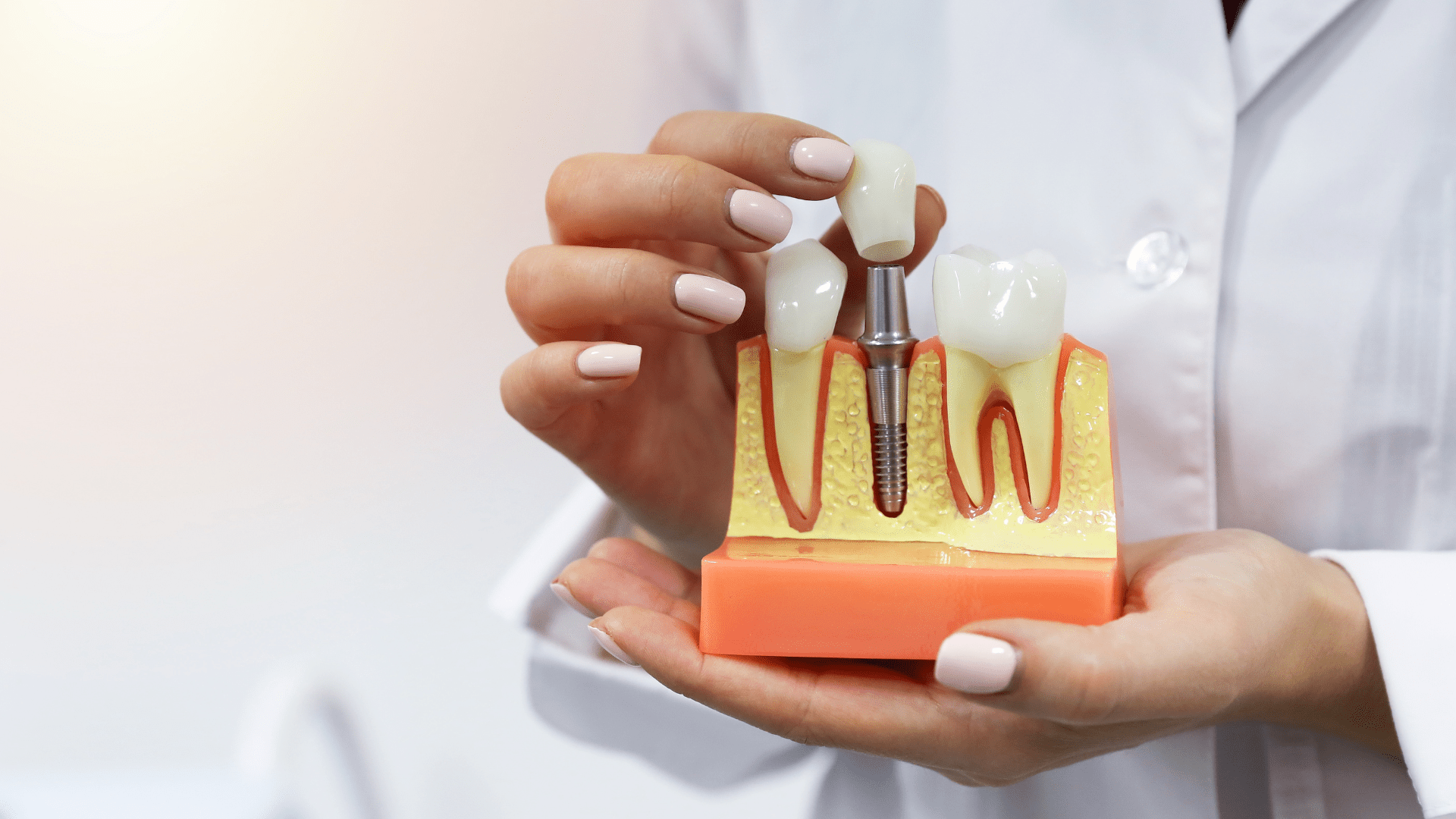Dentist Vs. Orthodontist
Understanding the differences between orthodontists and dentists is crucial to ensure you receive the appropriate treatment and care for your oral health. Although it may be easy to confuse the two professions, there are distinct differences in their scopes of care, expertise, and training. By recognizing these differences, you can make informed decisions regarding your oral health needs.
What’s the Difference Between Dentists and Orthodontists?
Orthodontists and dentists are both responsible for maintaining oral health, but have very different areas of expertise within mouth care. Dentists offer more generalized care such as basic hygiene and the overall health of your mouth and teeth. Whereas an orthodontist’s primary focus is to ensure proper jaw and tooth alignment, making them a more specialized profession within the field of oral care.
What is a Dentist?
Dentists have a broad scope of practice. They are responsible for educating and assisting patients with good dental hygiene as well as diagnosing and treating most problems that occur in the gum, teeth, and mouth area. Proper brushing, flossing, and cleaning practices are emphasized by dentists because it sets the foundation for good oral health. However, their expertise covers a range of issues, including but not limited to:
- Tooth decay and cavities
- Gum disease and periodontal care
- Oral infections
- Tooth sensitivity
- Tooth loss and replacement options
- Root canal
- X rays of the mouth
- Tooth sealants and fillings
Dentists have a comprehensive understanding of various areas within oral health, enabling them to provide comprehensive care that addresses the diverse oral health needs of their patients. Dentists can refer patients to specialized professionals when problems arise that fall outside their scope of care.
What is an Orthodontist?
Orthodontists are a highly specialized dental professional with expertise in preventing, diagnosing, and treating dental irregularities. They primarily work with correcting misaligned teeth, improper bites (malocclusions), and jaw alignment issues. Orthodontists undergo additional years of specialized training after completing dental school to develop expertise in this area. They use various treatments and appliances such as braces, aligners, retainers, and other corrective devices to help patients achieve proper alignment and improve their oral health and aesthetics.
Whether you receive a referral from your dentist or seek out orthodontic care independently, an orthodontist will guide you through treatment options to help you achieve a healthier and happier smile. It’s important to note that regular visits to the dentist are still necessary for optimal oral health, even during orthodontic treatment.
Dentist Vs. Orthodontist: Differences in Education and Training
Dentists typically complete a bachelor’s degree followed by four years of dental school to earn a Doctor of Dental Surgery (DDS) or Doctor of Dental Medicine (DMD) degree. After dental school, dentists must obtain a license by passing the national and state dental board exams to practice dentistry.
Orthodontics, being a more specialized field, requires additional education beyond that of general dentistry. Orthodontists follow the same educational path as dentists, completing a bachelor’s degree and earning a DDS or DMD degree from dental school. Following dental school, orthodontists pursue additional postgraduate education in an accredited orthodontic residency program, typically lasting 2-3 years. After completing their residency, orthodontists may seek certification by passing the examinations administered by the American Board of Orthodontics (ABO).
Frequently Asked Questions
Is an orthodontist a dentist?
Technically, yes. In order to become an orthodontist, one must first obtain a degree from dental school. Once they have completed dental school, they can then pursue further specialization in the field of orthodontics.
Can dentists provide orthodontic care?
Some dentists may provide very basic orthodontic care, such as minor teeth movement or limited orthodontic treatments. However, for comprehensive orthodontic treatment, it is best to see an orthodontist who has specialized training in this field.
Can orthodontists provide dental care?
Even though orthodontists are trained in dental care, their primary focus is on correcting teeth and jaw alignment. For routine dental care, such as cleanings, fillings, and other general dental procedures, it is typically more appropriate to see a general dentist.
Frey Orthodontics is Here to Help
Frey Orthodontics is here to assist you if you have any further questions about the care provided by orthodontists or if you are considering orthodontic treatment as the next step in your smile journey. Reach out to our Algonquin or Naperville offices today for more information or schedule your free consultation online.
